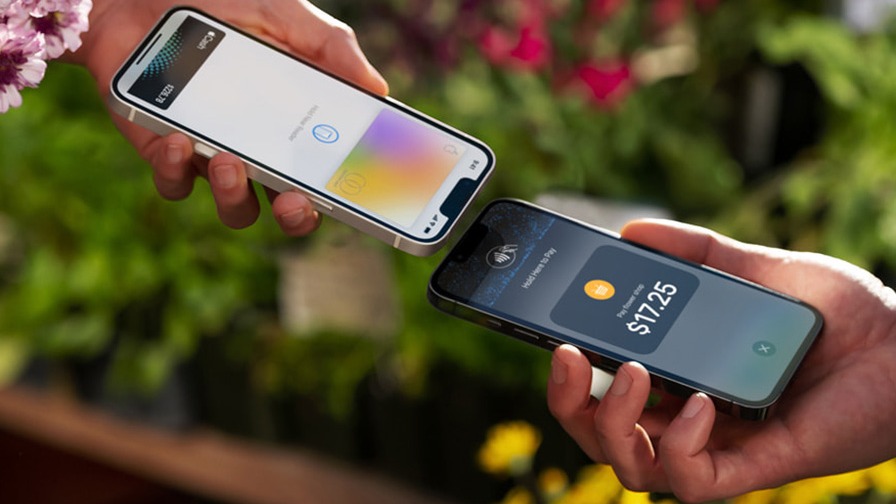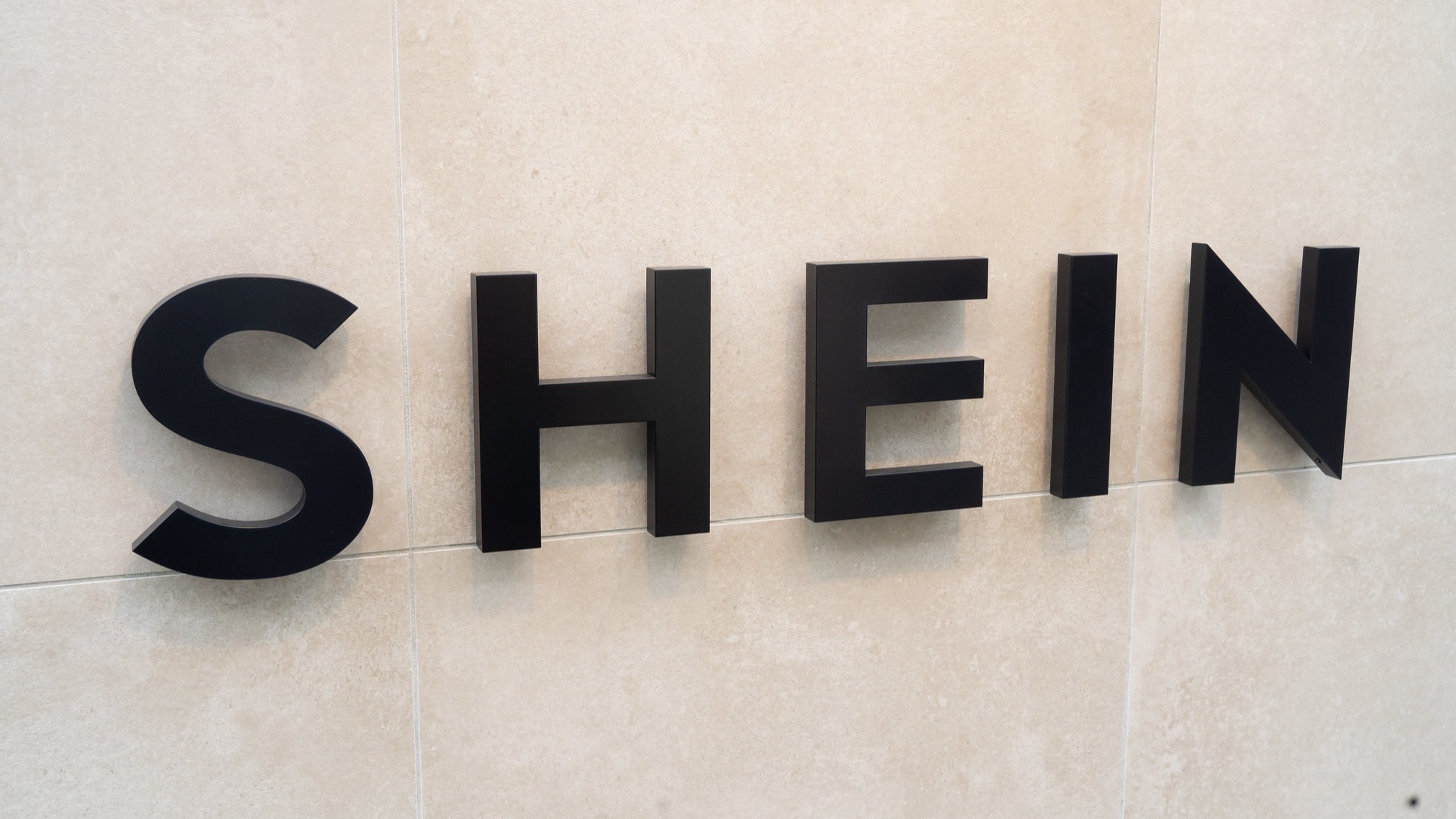The European Commission has accepted legally binding commitments from Apple to open access to its 'tap and go' technology on iPhones, addressing concerns over the tech giant's alleged abuse of market dominance in mobile payments.
The Commission's investigation, which began four years ago, focused on Apple's refusal to grant rivals access to Near-Field-Communication (NFC) technology used for contactless payments with iPhones in stores. This technology, crucial for mobile wallet functionality, was previously reserved exclusively for Apple Pay.
In its preliminary findings, the Commission concluded that "Apple abused its dominant position by refusing to supply the NFC input on iOS to competing mobile wallet developers, while reserving such access only to Apple Pay". This behaviour, the Commission argued, "excluded Apple Pay's rivals from the market and led to less innovation and choice for iPhone mobile wallets users".
To address these concerns, Apple has committed to several key changes. These include allowing third-party wallet providers free access to the NFC input on iOS devices without requiring the use of Apple Pay or Apple Wallet, implementing a fair and non-discriminatory procedure for granting NFC access to third-party developers, enabling users to easily set a third-party payment app as their default for in-store payments, and establishing an independent review mechanism for Apple's decisions on access restrictions.
Following a market test of these initial commitments, Apple further agreed to additional measures. The company will extend the possibility for payments with third-party apps at other industry-certified terminals, remove the requirement for developers to have a Payment Service Provider licence, and allow NFC access for developers to pre-build payment apps for third-party mobile wallet providers.
EU antitrust chief Margrethe Vestager commented on the agreement, stating, "From now on, competitors will be able to effectively compete with Apple Pay for mobile payments with the iPhone in shops. So consumers will have a wider range of safe and innovative mobile wallets to choose from".
These commitments, which will be valid for 10 years, apply to all third-party mobile app developers established in the European Economic Area and to all iOS users with an Apple ID registered in the EEA.
This settlement marks a significant shift in Apple's approach to EU antitrust scrutiny, as the company has typically resisted such investigations. The agreement allows Apple to avoid potentially hefty fines and a formal finding of wrongdoing, while opening up competition in the mobile payments space within the EU.
Latest News
-
John Lewis expands retail media network with offsite ads
-
Disney Consumer Products hires Nike veteran to SVP of global marketing
-
Home Depot secures $5.5bn takeover of GMS after beating rival bid
-
Asda targets Primark with George clothing expansion plans
-
Pandora partners with Amazon to catch counterfeiters
-
Walmart boosts employee and customer-facing applications with partnership renewal
Supermicro and NVIDIA’s AI Solution for Retailers
To find out more: click here
Poundland significantly reduces antisocial behaviour, aggression and shoplifting with Motorola Solutions VT100 body cameras
Retail should not be a high-risk occupation. As a company, we are focused on listening to our colleagues and customers to help them with the issues they are facing in-store and so far, the feedback on our body cameras has been excellent. They act as a great visual deterrent, help to de-escalate situations and overall, this project has significantly aided our goal to make the retail environment safer.
For further information on Motorola Solutions’ retail security products, including body cameras, click here.
For further information on Motorola Solutions’ retail security products, including body cameras, click here.
© 2024 Perspective Publishing Privacy & Cookies



.jpg)






Recent Stories